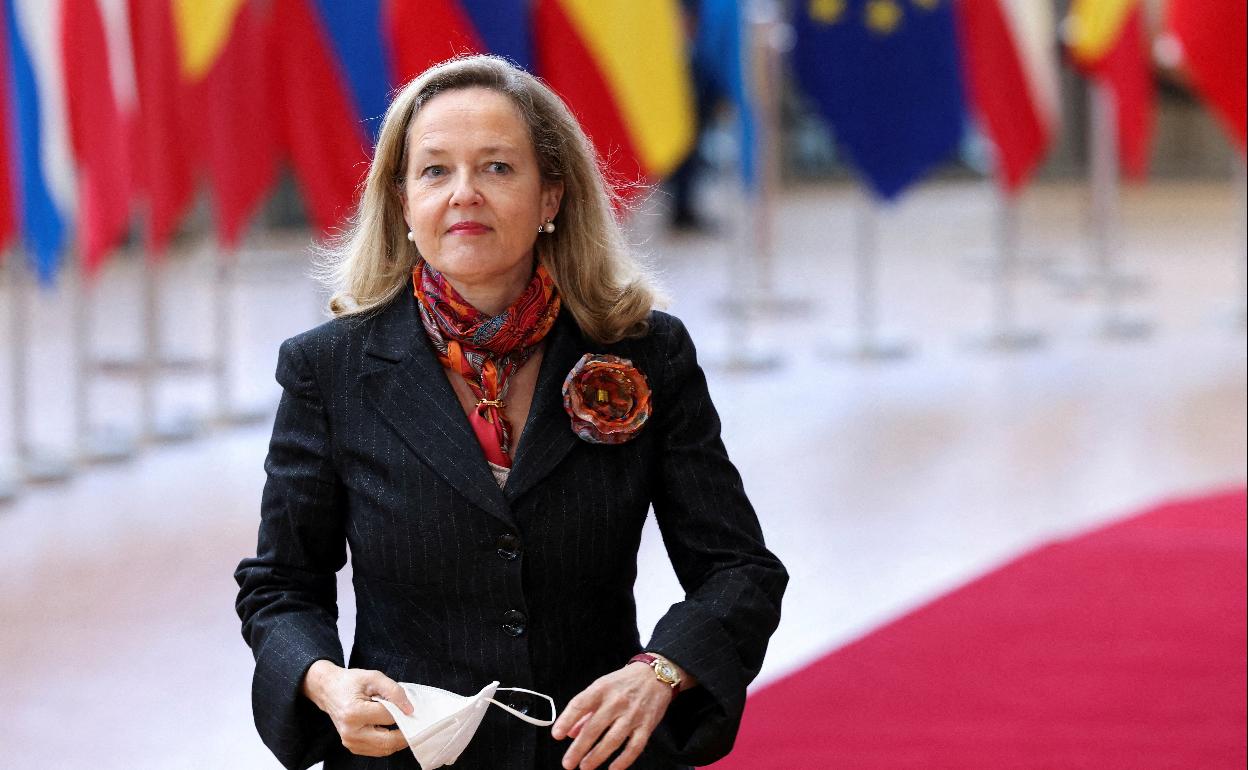Shared differences
THE EURO ZONE ·
The Spanish and the Dutch haven't always seen eye-to-eyeYou know those serious-sounding meetings of EU finance ministers, usually held in Brussels or Luxembourg, in which the protagonists sit around huge tables before walking outside to feed reporters meaningless soundbites? Well, there was one this week, after which international media outlets declared that Spain and the Netherlands had reached a grand fiscal accord. When you clear the empty politico-speak, it seems that nothing of the sort has occurred.
Spain's Economy minister, Nadia Calviño, spoke of the need to approach debt-reduction in a way that's "credible and realistic", before pointing out that "debt-to-GDP ratios in all European countries are very different from the ones we had before the pandemic".
They are - but there are still big differences between the two countries in this respect. Even after the pandemic, the Netherlands' public debt remains below the EU-imposed limit of 60% of GDP; Spain's hovers around 120%. Pre-Covid, the gap separating the two countries was roughly the same, even though the figures were lower: in 2019, the Netherlands posted 48.6% debt and Spain was at 95.5%. Another respect in which they have differed for years is their respective unemployment rates: currently, Spain's is around 14%, with the Netherlands at 3%.
Spain's bloated public debt couldn't possibly be the reason - could it? - why Calviño is requesting more freedom from EU rules governing debt reduction? Along with the Netherlands' finance minister Sigrid Kaag, Calviño wants EU member states to have greater "strategic autonomy" in how they reduce their debt and the pace at which they do so, suggesting to scrap the imposed mandate that all members reduce their public debt by 5% per year.
The advantages for Spain are more obvious than those for the Netherlands, although greater autonomy from a centralised micro-manager is a good thing in itself. But Spain's problem isn't just that Brussels issues fiscal targets for all members, regardless of how their economies differ; it's also that, as the recipient of unprecedented amounts of EU aid (supposedly to recover from the pandemic), it's caught in tangled strings controlled by its fussing beneficiary. Spain wants greater fiscal autonomy, more money and structural assistance from Brussels. Can it have both at the same time?
I've just spent the last couple of minutes doing what Calviño and Kaag don't want people or the EU to do - concentrating on how their countries differ, rather than on their shared fiscal objectives. But it's primarily because Brussels isn't interested in the individual economic personalities of its members that both ministers are requesting greater freedom from its blanket dictates.

